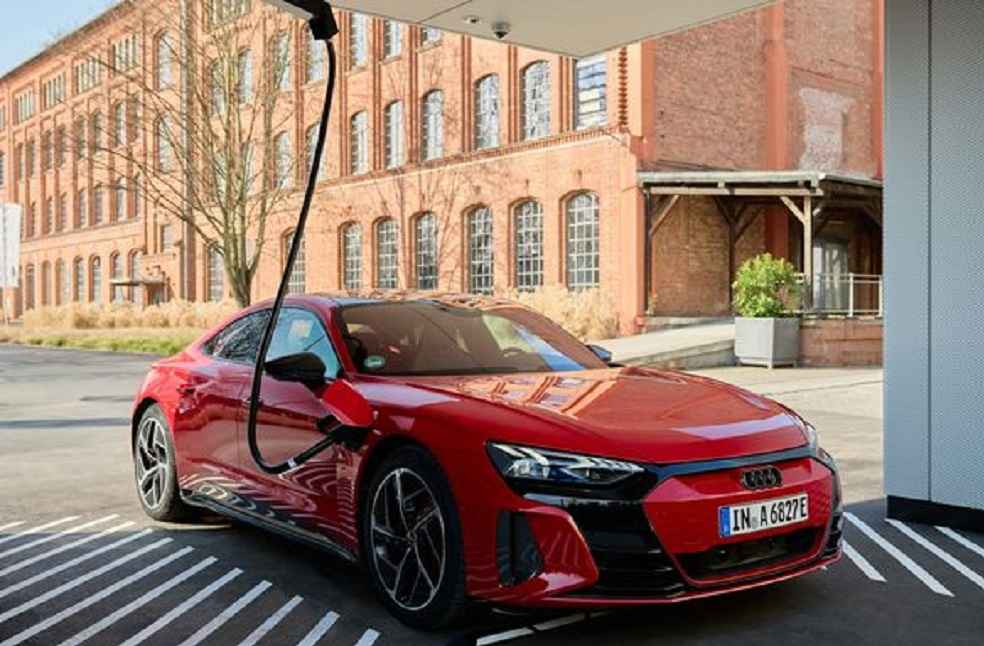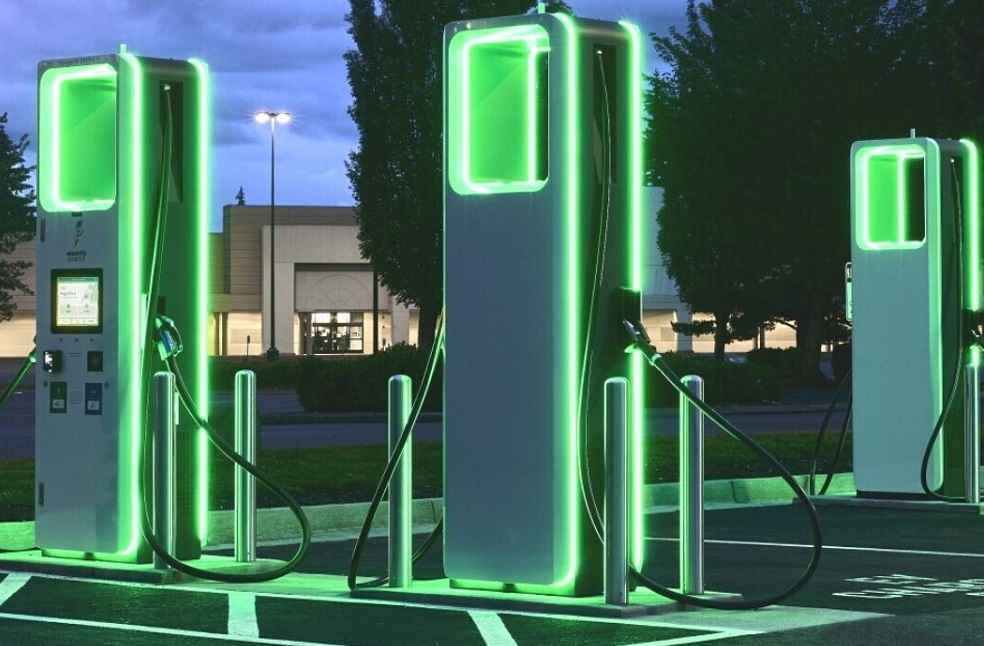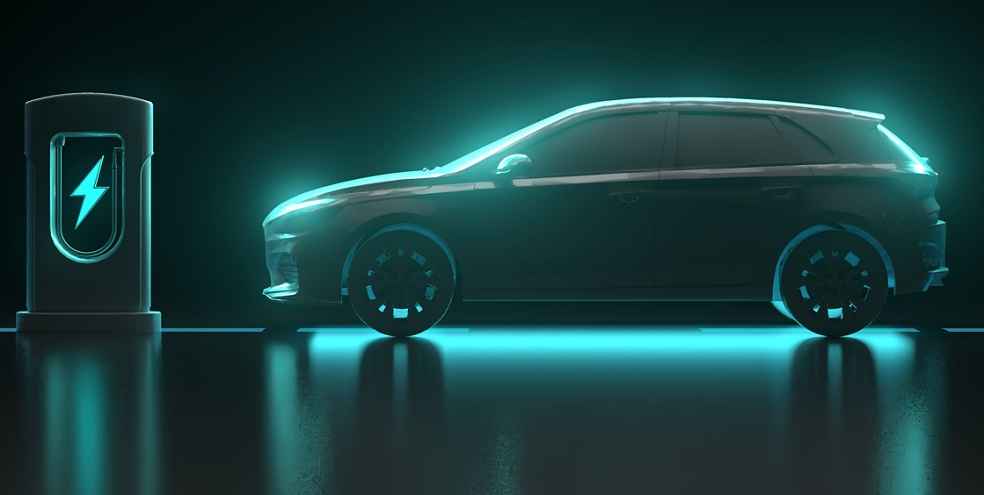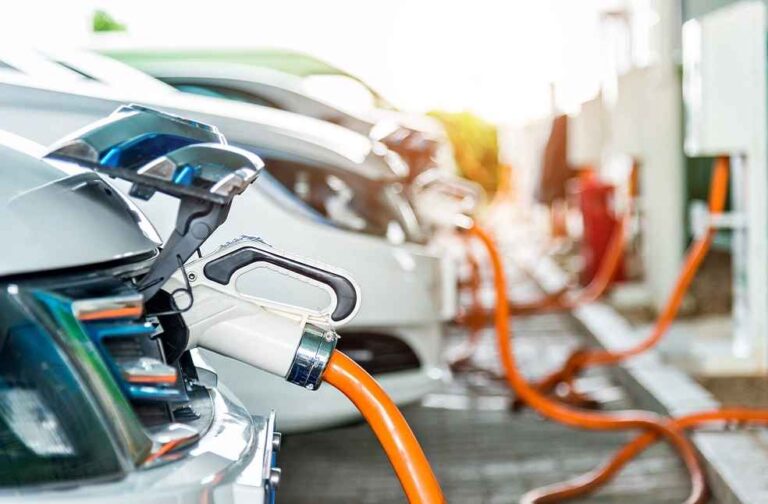World EV Day, first launched in 2020 during the COVID-19 lockdown, has grown into a powerful global movement, transforming conversations about electric vehicles (EVs) and sustainable transport. Supported by key players like Auto Trader and ABB, this event has gained significant traction worldwide, bringing together governments, NGOs, and companies to promote cleaner transportation solutions.
This year’s theme, ‘Let’s Drive Change, Together,’ focuses on fostering collaboration in the transition to electric mobility. It highlights the importance of partnerships among governments, businesses, communities, and individuals to speed up the adoption of electric vehicles and reduce carbon emissions. Inclusivity remains a central message, encouraging everyone to contribute toward building a cleaner, greener transportation future.
The Story of World EV Day
World EV Day, celebrated annually on September 9 since 2020, promotes electric vehicles and sustainable transportation globally. While the event has no official founder, it gained widespread popularity through media attention and public support, evolving into a global celebration.

The domain WorldEvDay(Dot)org was registered on March 4, 2020, by Auto Trader Group plc, a British automotive marketplace. On July 7, 2020, the company officially announced September 9 as World EV Day. Founding partners for the 2020 event included notable companies such as ABB, Mahindra Electric Mobility, Volta Trucks, Pivot Power, Liberty Charge, The AA, DPD, Polestar, and BCLP.
Interestingly, the term “World EV Day” was initially coined by an unknown individual, who reserved the domain name WorldEvDay (dot) com on December 2, 2019. Despite this, Auto Trader Group and its partners’ efforts truly popularized World EV Day. Figures like Tesla CEO Elon Musk have played a key role in advancing the popularity of electric vehicles.
Local EV Day events, often organized by governments, environmental groups, and automakers, aim to raise awareness about reducing pollution and promoting clean energy.
2024 Highlights
In its latest edition, World EV Day has evolved into a more dynamic event, featuring activations, gatherings, and important announcements aimed at driving global EV adoption. New initiatives like ‘World EV Day on Tour’ and a global EV drivers’ map have been launched to foster a sense of community among electric vehicle users.

The tour includes EV test drives, discussions on sustainable transportation, and educational opportunities on the benefits of EV adoption. It also underscores the importance of supportive infrastructure like charging stations and urges governments and businesses to collaborate in advancing the EV revolution.
This year, there’s a strong focus on improving battery technology, with innovations such as solid-state batteries promising better energy density and faster charging times. Battery recycling has also become a priority, as efforts intensify to mitigate the environmental impact of battery production and disposal.
Governments Support
Governments around the world have been actively supporting EV adoption through incentives such as tax credits, rebates, and subsidies. Countries like Norway and the UK have set ambitious targets, with Norway already having more than 60% of its new car sales being electric by 2024. China, the largest EV market globally, has heavily invested in EV production and infrastructure, creating substantial jobs and economic growth.

In the United States, companies like Tesla and Rivian are expanding their operations, contributing to both job creation and the broader EV market. Meanwhile, some manufacturers like Ford and General Motors have scaled back their EV plans due to slower-than-expected consumer demand. Despite these challenges, advancements in Vehicle-to-Grid (V2G) technology are emerging, with countries like Singapore exploring ways to integrate EVs into energy grids to enhance grid stability.
History of Electric Vehicles
The journey of electric vehicles dates back to the late 19th century, marking the beginning of the EV revolution. In England, Thomas Parker built an electric vehicle in 1884, one of
the first to receive road permits. In the United States, William Morrison’s electric carriage, introduced around 1890-1891, became one of the earliest road-legal EVs, capable of carrying passengers at a top speed of 14 mph. These early efforts laid the groundwork for the modern electric vehicle industry.

However, it wasn’t until 2020 that EVs gained widespread popularity and became a mainstream transportation option, thanks to advancements by companies like Tesla, BYD, and Volkswagen.
Leaders and Regional Champions
Several automakers have emerged as major producers in the rapidly growing global EV market. Tesla continues to lead with popular models such as the Model S, Model 3, Model X, and Model Y, establishing itself as a pioneer in the EV space. Volkswagen Group has made strides with electric models from brands like Audi, Porsche, and Skoda, while BYD, a key Chinese automaker, plays a dominant role in fully electric and plug-in hybrid vehicles.
In India, Tata Motors holds a commanding 73% share of the EV market, leading the country’s electric revolution with affordable models like the Nexon EV and Tigor EV. Other global players such as Hyundai, Kia, Nissan, and Volvo have expanded their electric vehicle offerings with popular models like the Kona Electric, Ioniq 5, and Nissan Leaf.

Future of Electric Vehicles
Despite challenges such as trade tensions and tariffs on essential EV materials, the global shift toward electric transportation remains crucial to achieving international climate goals outlined in the Paris Agreement. Emerging players like Volkswagen’s Electrify America and Ionity in Europe are investing heavily in expanding charging infrastructure to meet rising demand.
World EV Day 2024 continues to be a powerful catalyst for electric vehicle adoption, sustainability, and innovation. By fostering collaboration among governments, businesses, and individuals, the event ensures that the shift to cleaner, greener transportation stays at the forefront of global priorities.
OBSERVATION | Global Car Modification Market: Poised for Major Growth





